Publication
> Articles in Impacted Journals
> 'Engineering for the ATLAS SemiConductor Tracker (SCT) end-cap'
Engineering for the ATLAS SemiConductor Tracker (SCT) end-cap
Author
| Abdesselam A. | Department of Physics, Oxford University, Oxford, UK |
| Allport P. P. | Unknown |
| Anderson B | Unknown |
| Beneš Petr, Ing. | IEAP |
| Beneš Jiří, Ing. | IEAP CTU |
| Horažďovský Tomáš, Ing. | IEAP |
| Jakůbek Jan, Ing. Ph.D. | IEAP |
| Král Vlastimil, Ing. | IEAP |
| Linhart Vladimir, Ing. Ph.D. | IEAP |
| Pospíšil Stanislav, Ing. DrSc. | IEAP |
| Slavíček Tomáš, Bc. | IEAP |
| Solar Michael, RNDr., CSc. | IEAP |
| Sopko Vitek, Ing., Ph.D. | IEAP |
| et al. | - |
Year
2008
Scientific journal
JINST 3 P05002, doi: 10.1088/1748-0221/3/05/P05002
Web
Abstract
The ATLAS SemiConductor Tracker (SCT) is a silicon-strip tracking detector which forms part of the ATLAS inner detector. The SCT is designed to track charged particles produced in proton-proton collisions at the Large Hadron Collider (LHC) at CERN at an energy of 14 TeV. The tracker is made up of a central barrel and two identical end-caps. The barrel contains 2112 silicon modules, while each end-cap contains 988 modules. The overall tracking performance depends not only on the intrinsic measurement precision of the modules but also on the characteristics of the whole assembly, in particular, the stability and the total material budget.
This paper describes the engineering design and construction of the SCT end-caps, which are required to support mechanically the silicon modules, supply services to them and provide a suitable environment within the inner detector. Critical engineering choices are highlighted and innovative solutions are presented - these will be of interest to other builders of large-scale tracking detectors. The SCT end-caps will be fully connected at the start of 2008. Further commissioning will continue, to be ready for proton-proton collision data in 2008.
Grants
| 1P04LA211 | Collaboration Czech Republic with CERN |
| 1P04LA212 | Experiment ATLAS for LHC at CERN |
Projects
Cite article as:
A. Abdesselam, P. Allport, B. Anderson, P. Beneš, J. Beneš, T. Horažďovský, J. Jakůbek, V. Král, V. Linhart, S. Pospíšil, T. Slavíček, M. Solar, V. Sopko, . et al., "Engineering for the ATLAS SemiConductor Tracker (SCT) end-cap", JINST 3 P05002, doi: 10.1088/1748-0221/3/05/P05002 (2008)
Search
Recent events
Seattle, USA
8-15 Nov 2014
Surrey, United Kingdom
Sep. 8, 2014
April 24, 2014
3 Apr 2014
Seoul, Korea
27 Oct - 2 Nov 2013
Paris
23-27 June 2013
29 Oct - 3 Nov 2012



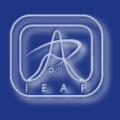


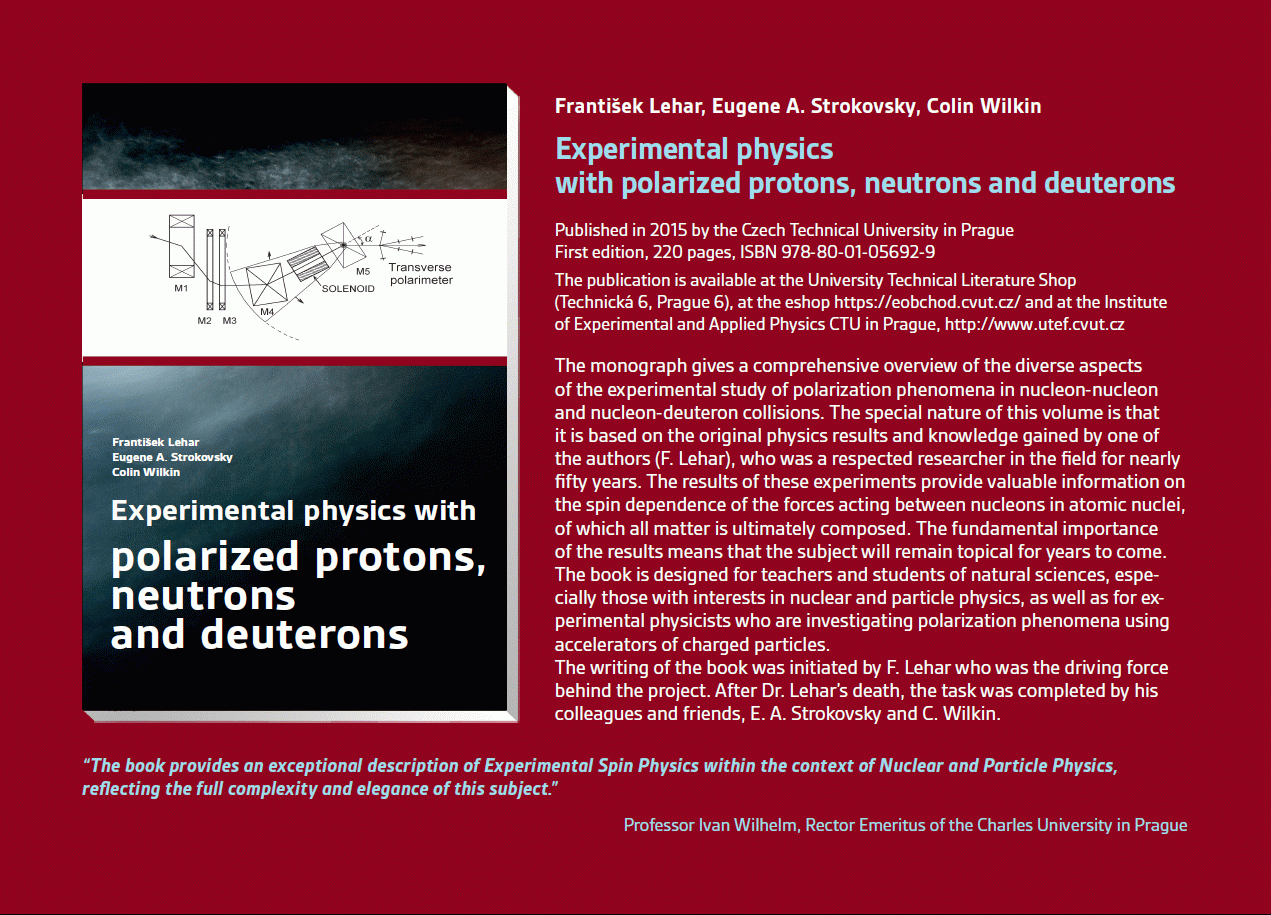 Experimental physics
with polarized protons, neutrons and deuterons
Experimental physics
with polarized protons, neutrons and deuterons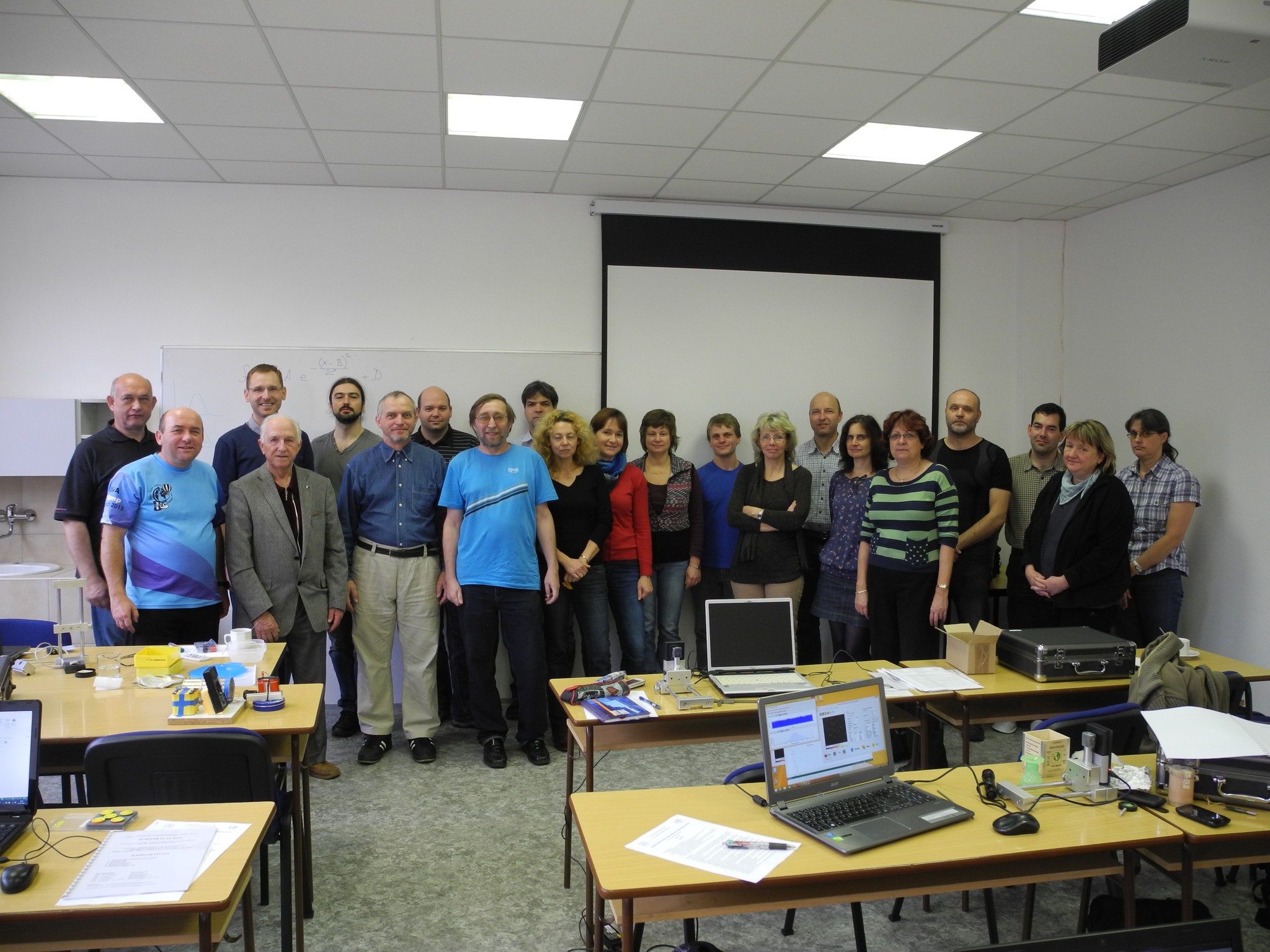 Progressive detection methods in atomic and particle physics education at middle and high school level
Progressive detection methods in atomic and particle physics education at middle and high school level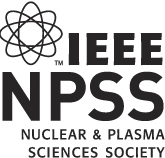 NSS MIC IEEE Conference
NSS MIC IEEE Conference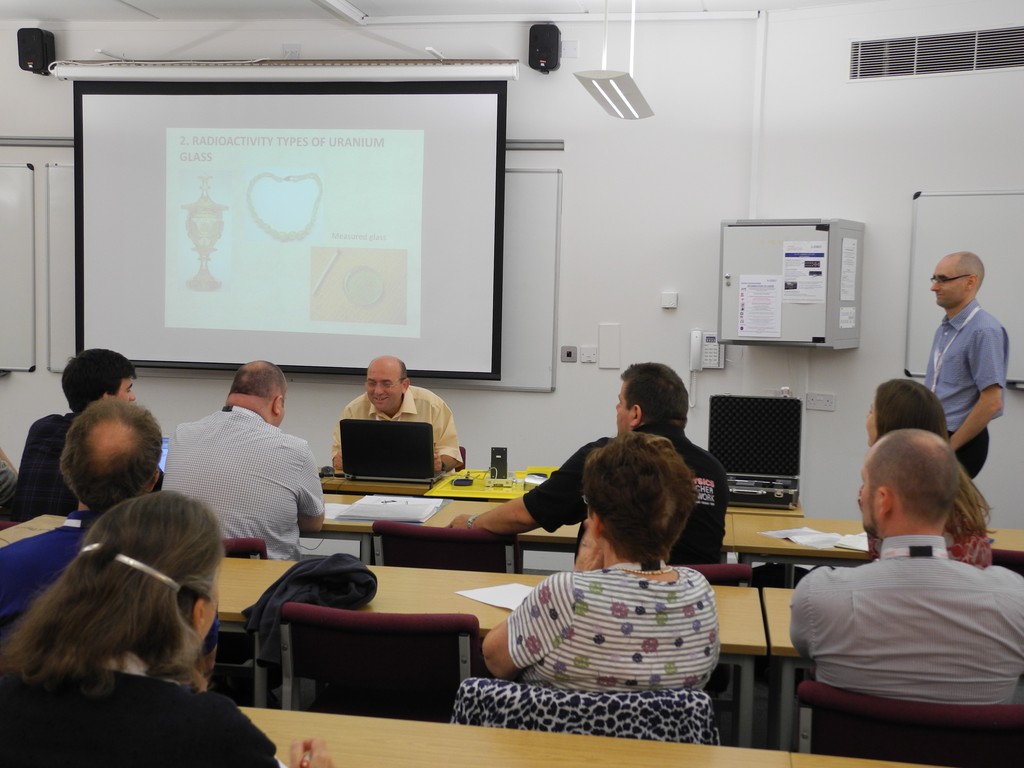 SEPnet, CERN@school Conference
SEPnet, CERN@school Conference Lovci záhad - natáčení ČT ve spolupráci s ÚTEF
Lovci záhad - natáčení ČT ve spolupráci s ÚTEF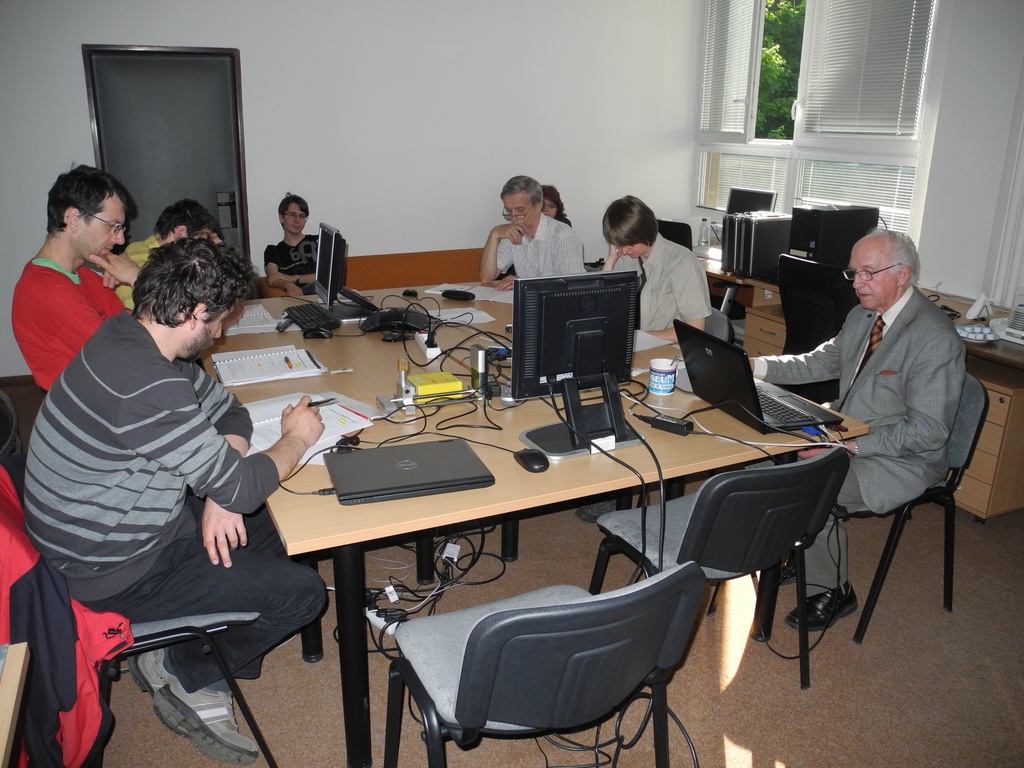 Advanced detection methods in atomic and subatomic physics education.
Advanced detection methods in atomic and subatomic physics education.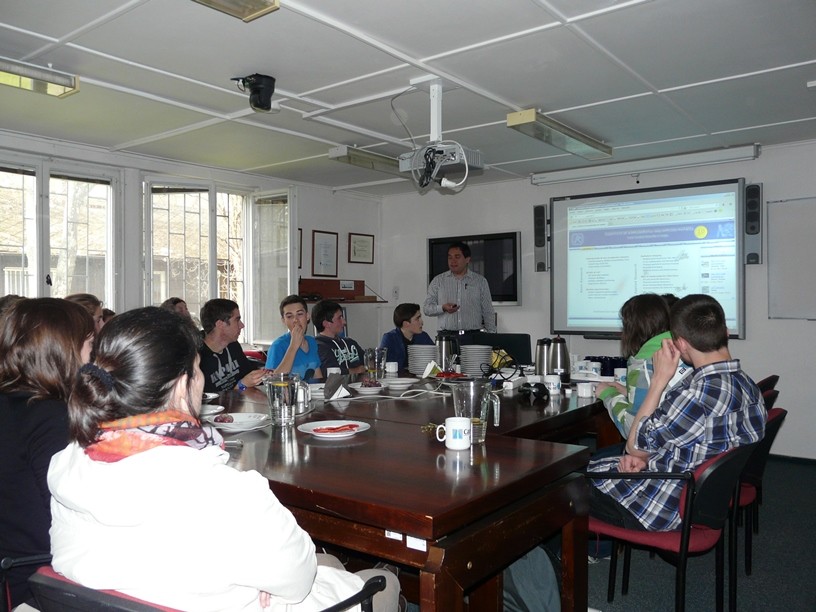 Listening to the universe by detection cosmic rays - visit of French and Czech students
Listening to the universe by detection cosmic rays - visit of French and Czech students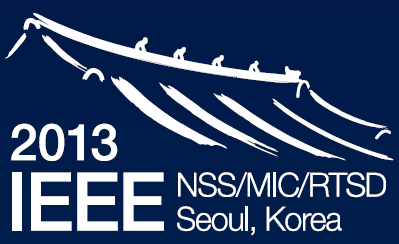 NSS MIC IEEE Conference
NSS MIC IEEE Conference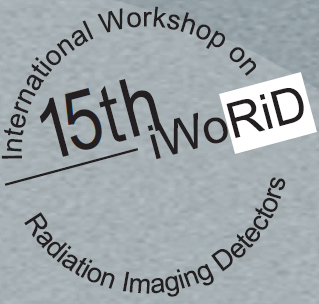 15thIWORID
15thIWORID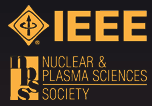 NSS MIC IEEE Conference
NSS MIC IEEE Conference